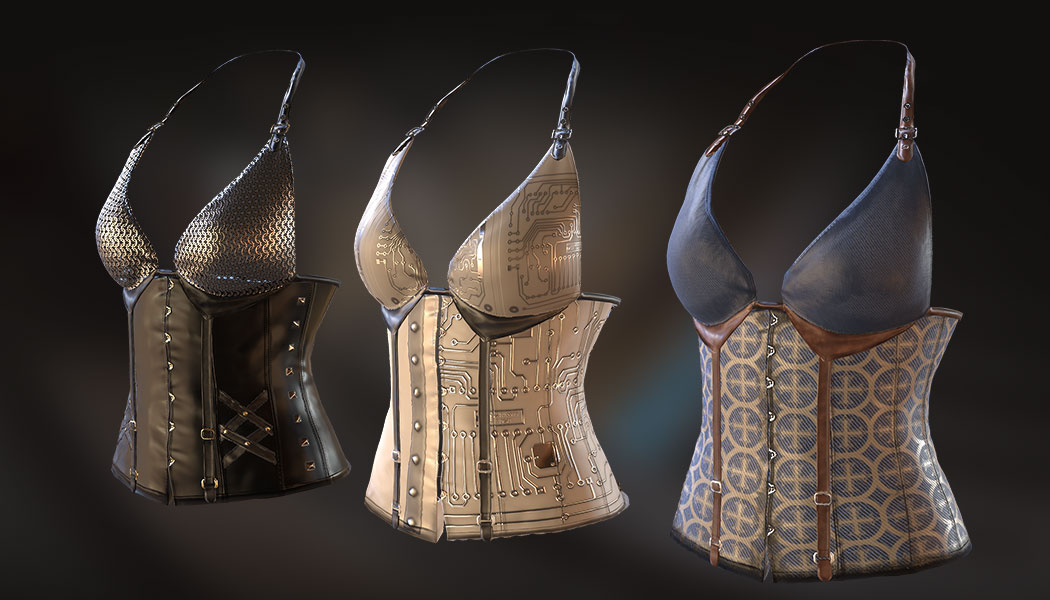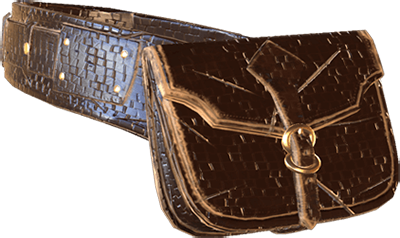Character Creator with visuals for industry standard PBR shaders allows users to import PBR textures made with 3D paint tools like Substance Painter, 3D Coat, or
Quixel. Users can now export their Character Creator assets to iClone, Unreal, Unity, or
Sketchfab with the same PBR visual quality.
Additionally, we have introduced an Appearance
Editor and a brand new PBR-based dynamic texture generator that give users full procedural
authoring over Metal, Wood, Leather, and Fabrics - pushing visual realism to a new high. For
Non-PBR content, CC offers several ways to get legacy content ready for PBR
rendering. Users will find that a visual upgrade has been provided for all older assets.

















































